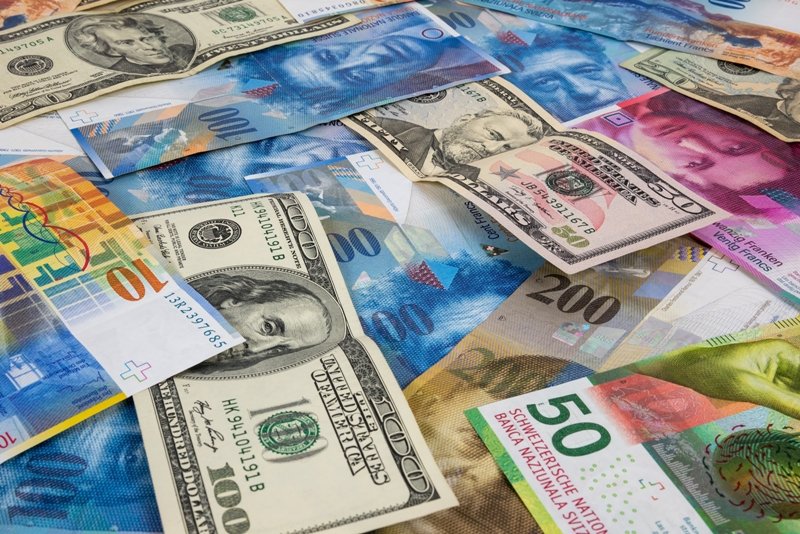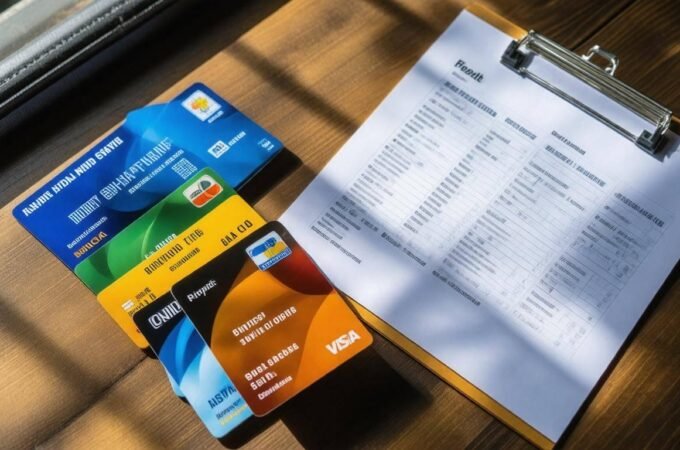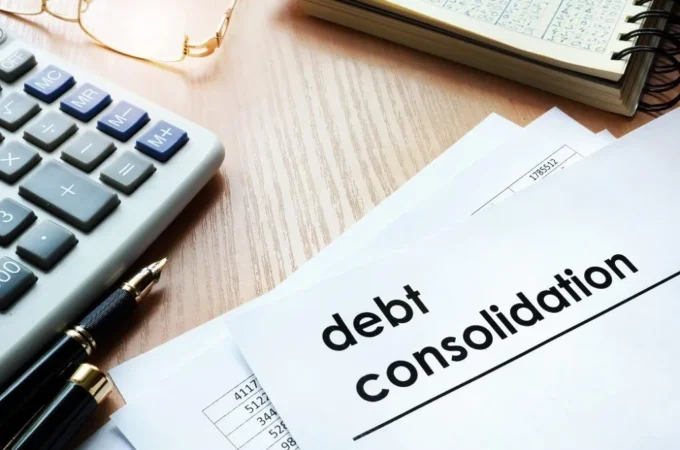
Exotic Currencies: Everything You Need to Know About Them and a Bit More
It’s more common for people to buy exotic currencies than you may think. The reasons vary — some need money to spend abroad, while others simply like collecting them. And then there are traders on foreign market exchanges.
If you ever found yourself in need of less common currencies for one reason or the other, you know how difficult it is to get your hands on them. Regular exchange offices are unlikely to have banknotes from exotic or emerging economies. Say you want to buy Iraqi Dinar or Indonesian Rupiah. Your best bet is to find online currency brokers who deal in such currencies. There’s a little tip to get you started.
Most people who talk about exotic currencies, however, do so in the context of trading, and not a collection of individual banknotes.
But whether you’re a collector, trader, or just harbor interest in exotic currencies, it doesn’t matter — you’ll find something of interest in this article.
What Are Exotic Currencies Really?
There are a couple of ways to define exotic currencies, and none of them are wrong. If you were to say that they’re the money of exotic, far-off countries, you wouldn’t be mistaken. But it’s also not the best of explanations. New Zealand is pretty far from most of the world, yet it boasts one of the most potent currencies in circulation.
A more accurate definition treats exotic currencies as goods you can trade on the foreign exchange market. In that sense, exotic currencies are highly volatile currencies that lack market depth and liquidity. In simpler terms, there are fewer buyers and sellers, and such currencies rely on the political stability of a country rather than the economic situation. Values aren’t that stable and can fluctuate significantly in a very short time.
Finally, you wouldn’t be wrong to say that every currency other than the major currencies is exotic. It’s probably the easiest and the most succinct explanation.
Exotic and Major Currencies

To make a clear boundary between the two, you need to know which is which. Major currencies include the following eight:
- US Dollar (USD)
- Euro (EUR)
- Japanese Yen (JPY)
- British Pound (GBP)
- Swiss Franc (CHF)
- Canadian Dollar (CAD)
- Australian Dollar (AUD)
- New Zealand Dollar (NZD)
They are highly liquid currencies, i.e. they’re constantly traded and there are plenty of buyers and sellers.
You’ve also probably heard of minor currencies too. Minor currencies are all of the major currency pairs that exclude the USD. For example, the euro and yen are minor currency pair. So are the franc and Canadian dollar.
Exotic currency is any foreign currency that’s not major. But that doesn’t mean they’re all equally volatile and illiquid.
Some exotic currencies are very much liquid, meaning they’re more often traded than the money of less-known emerging economies. Here are a couple of “exotic” currencies that are in high demand: Norwegian Krone (NOK), Polish Zloty (PLN), Hungarian Forint (HUF), Russian Ruble (RUB), Turkish Lira (TRY), Chinese Yuan (CNY), Hong Kong Dollar (HKD), Thai Baht (THB), Malay Ringgit (MYR), Indian Rupee (INR), Mexican Peso (MXN), Brazilian Real (BRL), South Korean Won (KRW), South African Rand (ZAR), and Singaporean Dollar (SGD).
The rest of the exotic currencies are either highly volatile or lack any serious market depth:
- Czech Koruna (CZK)
- Taiwanese Dollar (TWD)
- Kuwait Dinar (KWD)
- Jordanian Dinar (JOD)
- Iranian Rial (IRR)
- Iraqi Dinar (IQD)
- Egyptian Pound (EGP)
- Indonesian Rupiah (IDR)
- Israeli Shekel (ILS)
- UAE Dirham (AED)
The list goes on. Every other currency of the world is considered exotic as well.
As you can see, not every exotic currency is equal. Regardless of that, any currency that’s not USD, EUR, JPY, CHF, GBP, CAD, AUD, or NZD is, at least for now, exotic.
Are Exotic Currencies Undervalued?

No. The reason why most of the currencies are considered exotic is that they lack any serious market depth.
But that doesn’t mean that a certain currency is weak or undervalued. That’s something you have to judge on an individual basis. There are plenty of exotic currencies that are traded very frequently. Such currencies are almost as liquid as euros or francs (e.g. Norwegian Krone).
All it means is that their volume of trade is fairly low.
Trading Exotic Currencies

If you’re looking to start trading on a foreign exchange market, you need to be prepared to accept the risks associated with exotic currencies.
The fact that they’re highly volatile can harm your investment if you’re not careful enough.
Trading exotic currencies is beyond the scope of this article. It’s a very elaborate topic that you’ll have to research thoroughly before jumping into it. It can be very expensive and the risks are fairly significant.
For now, we would suggest you pair the exotic currency of your choice with one of the major currencies to lower the inherent risks of trading exotic currencies. Even then, you’ll find that not every major currency carries the same weight on the foreign exchange market. For example, there’s a low chance you’ll find a brokerage willing to pair an exotic currency with a Swiss Franc.
The most common pairs for exotic currencies are either US dollars or euros.
That said, with high risks come great rewards, but only if you’re capable of reading current economic and political climates properly. The volatility of exotic currencies enables you to take advantage of sudden spikes in value. Major currencies rarely experience changes that are drastic enough to allow for such a value boost.
Ultimately, it’s up to you to weigh the risks and decide if trading exotic currencies is right for you. It’s not a decision to make lightly, so do your research, and start keeping tabs on the news of the world.
The Takeaway
Exotic currencies lack market depth and come with certain inherent risks. You can consider any currency that doesn’t belong to the major category to be exotic.
If you just want to collect them, then risks and profits are of no interest to you. But do keep in mind that most people talk about “exotic” and “major” currencies in the trading context. And to traders, all we have to say is — do the research, find the best online currency broker, and gauge the risks. Exotic currency trading is extremely volatile, so you better come up with a good plan.




